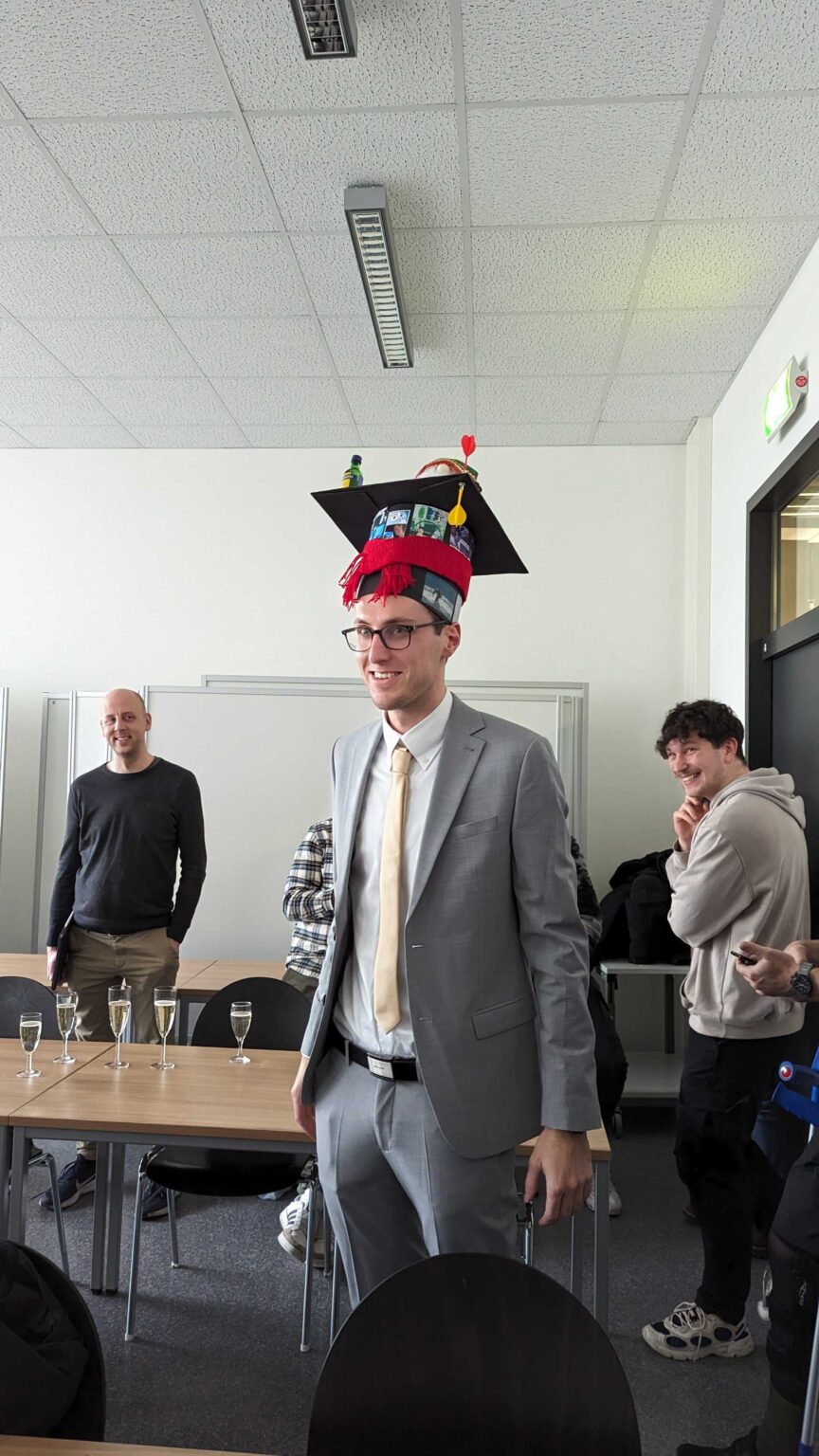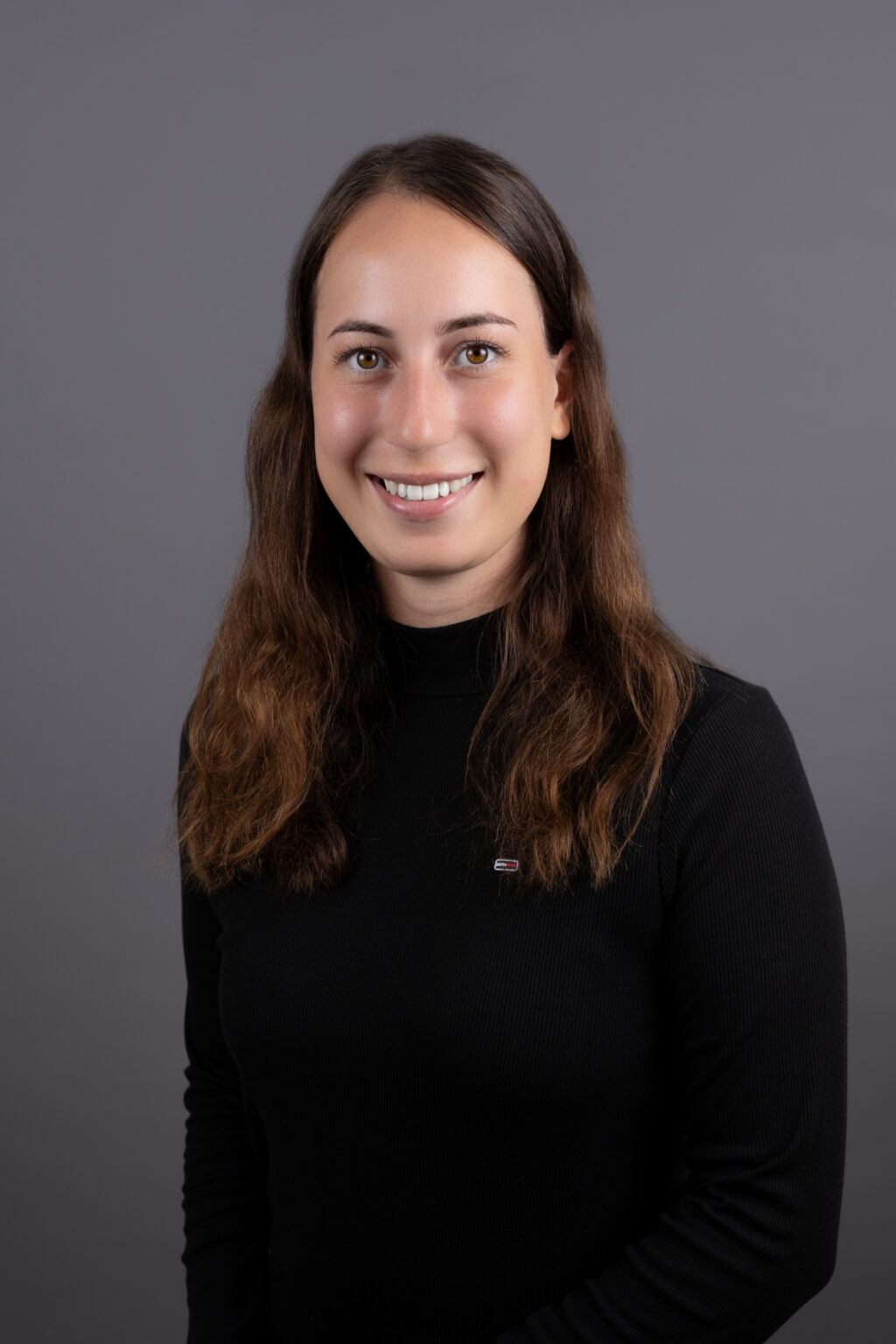Jedes Jahr im Februar feiern wir den Tag der Informatik. Das Netzwerkevent lädt alle Interessierten, RUB-Mitglieder, Partner der Fakultät und natürlich Fakultätsmitglieder herzlich ein, sich einen Nachmittag lang ganz der Informatik zu widmen.
Forschende der Fakultät präsentieren in spannenden Kurzvorträgen unterhaltsam und verständlich den aktuellsten Stand ihrer Forschung. Im Anschließenden Get-Together können Sie sich mit den Vortragenden und anderen Teilnehmenden austauschen, vernetzen und Schnittpunkte zu Ihrem Interessensgebiet entdecken.

Mittwoch, 7. Februar 2024, 14-18 Uhr
RUB Campus, Gebäude MC, Open Space (Anfahrt, Campusplan)
Die Plätze sind begrenzt! Bitte melden Sie sich an: Anmeldung
DIe Talks 2024
Have you ever heard of artificial intelligence (AI)? If so, you may have also heard of reinforcement learning. This is the primary technique behind DeepMind’s AlphaGo, the first AI system to beat the world’s best human Go players. Reinforcement learning promises that autonomous systems can learn to operate in unfamiliar environments with minimal human intervention. However, why haven’t most autonomous systems implemented reinforcement learning yet? The answer is simple: there are significant unsolved challenges. One of the most important ones is obvious: Autonomous systems operate in unfamiliar, unknown environments. This lack of knowledge is called uncertainty. In this talk, we will explore why making decisions that account for this uncertainty is essential to achieving trustworthy, reliable, and safe artificial intelligence.
Speaker: Prof. Dr. Nils Jansen
Does Energy Efficiency Compromise Security of Tomorrow’s Computer Systems?
Nowadays, energy has become a critical resource – especially for computer systems that affect our everyday lives. In an effort to minimize our energy consumption and reduce our carbon footprint, it is critical that we focus on reducing the energy demand of our systems. Regrettably, enhancing the energy efficiency of our systems often collides with the need to maintain security measures. Implementing extra security measures, such as software mitigations for hardware vulnerabilities, can lead to substantial overheads. This is observed, for instance, when analyzing the impact of these mitigations on system performance and efficiency.
At the same time, energy has become a critical resource that can be exploited as an attack vector, threatening system security. This can occur by draining the energy supply of embedded systems, making them inoperable, or by analyzing the power demand, which can leak crucial information about system operations.
This talk delves into the critical debate of whether security costs us energy or whether energy costs us security. It further explores adaptable operating-system architectures and their role in future computer systems.
Can we achieve a harmonious balance between energy efficiency and security simultaneously?
Speaker: Henriette Hofmeier, M.Sc.
NATO and the US military have standardised an encryption algorithm called HALFLOOP for their military radio, which my colleagues and I were able to show is insecure. In this presentation, I will explain how this came about. In doing so, I will explain the most important basics of cryptography, which we all use in our everyday lives without even noticing. I also talk about more or less everyday experiences from my life as a doctoral student at the Chair for Symmetric Cryptography.
Speaker: Lukas Stennes, M.Sc.
Speaker: Prof. Dr. Maike Buchin
Speaker: Jona Handzsuj, B.Sc.
Speaker: Leibniz-Preisträger Prof. Dr. Eike Kiltz
Impressionen vom Tag der Informatik 2023
Das Programm
Kontakt
Bei Fragen zum Tag der Informatik melden Sie sich gerne!


- M.Sc.
